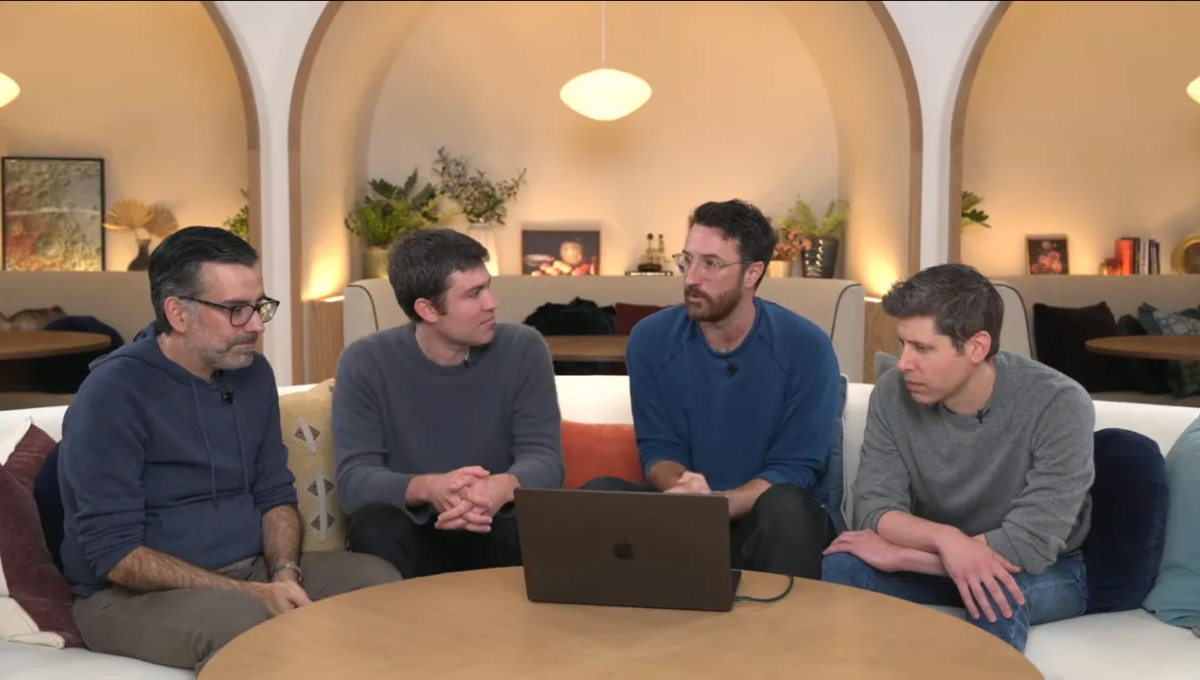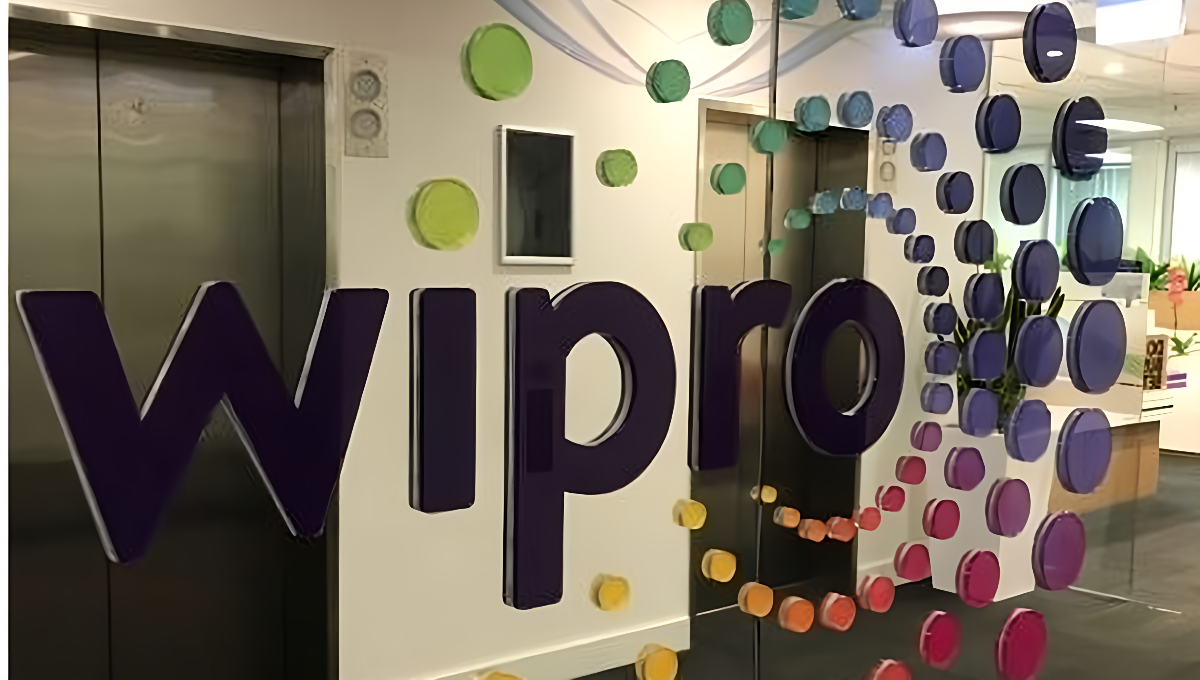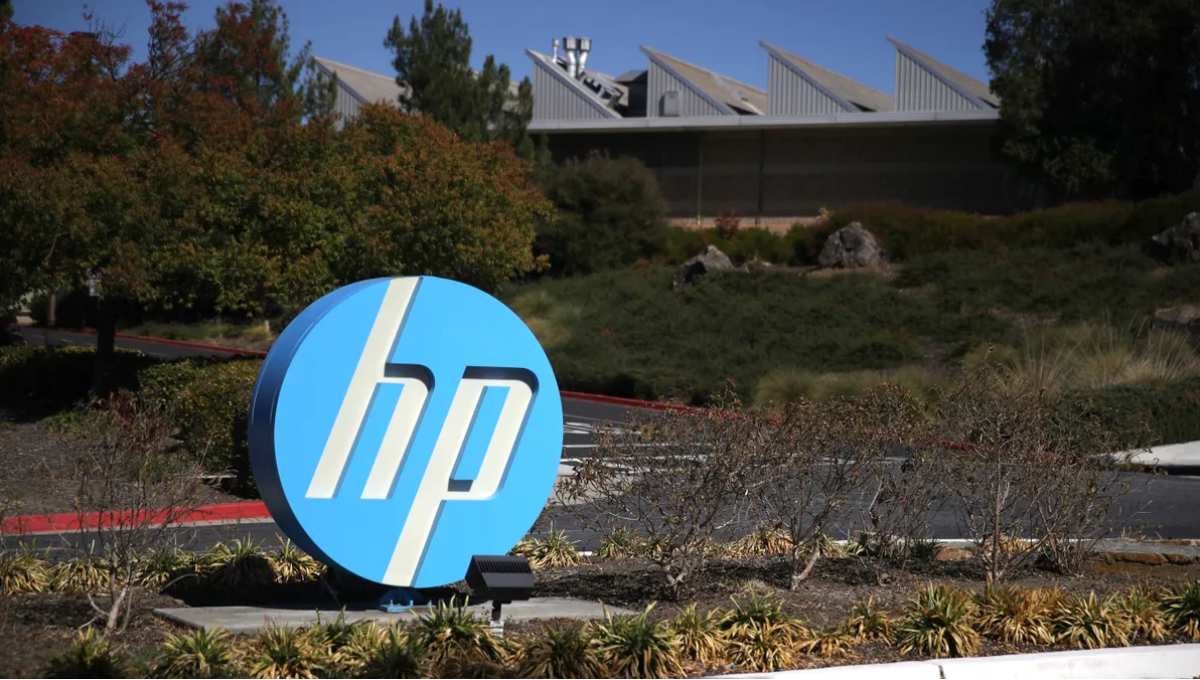In a surprise livestream today, OpenAI unveiled its new web browser, Atlas. CEO Sam Altman kicked things off with a direct message to viewers, expressing a bold vision: AI is a rare opportunity to completely rethink what a web browser can be. He compared today’s chat-based interfaces to how the search box and URL bar once defined browsing, suggesting we’re entering a new era of internet interaction.
Altman’s announcement wasn’t just about launching a new browser — it was a clear signal that the traditional web experience is being left behind. He positioned older browsers and tools as relics of an internet model that AI is now replacing. Many of those older systems, including search and browsing tools, stem from one major tech player: Google.
Rumors about OpenAI’s browser have been circulating in Silicon Valley for months, but today’s event clarified just how serious a challenge this is to Google. As the maker of the world’s most widely used browser, Google could be facing a major disruption. Even with its own AI tools like Gemini, the stakes just got a lot higher.
The short-term risk for Google is clear. ChatGPT already has around 800 million weekly users. If a significant portion of those users start using Atlas instead of Chrome, it will weaken Google’s control over web traffic. While Chrome itself is free, it plays a major role in feeding data to Google’s ad and search businesses — areas now under pressure, especially after legal limits on exclusive search deals.
A bigger shift lies in how OpenAI is reimagining search. Rather than just displaying links, Atlas supports conversational, multi-step searches. Ben Goodger, head of engineering for the project and a key figure in past browser development, emphasized that this new model changes the whole search experience — offering dynamic dialogue instead of static web pages.
Google has introduced AI features into search, but these are mostly add-ons to the traditional results page — like summaries or suggested answers. What OpenAI is offering through Atlas is fundamentally different: a deeply interactive, chat-driven experience that reshapes how users explore the web. It’s not something Google can easily replicate within its current framework.
There’s also the issue of monetization. OpenAI doesn’t currently show ads, but the company hasn’t closed the door on it. Recent hiring trends suggest it’s preparing to expand into advertising, which could be significant if Atlas gains traction. With Atlas, OpenAI gains direct access to the user’s browsing context, opening up powerful new possibilities for targeted ads.
This level of access — being able to see what users are doing across websites in real time — offers a kind of data insight that even Google and Meta have struggled to get without triggering privacy backlash. Users may actually feel more comfortable sharing this data with OpenAI, simply because it’s not coming from companies with long histories of privacy controversies.
Atlas is still in its early days, and much depends on whether users adopt it. But the direction is clear: OpenAI is moving toward real consumer products and scalable revenue models, shifting focus from abstract AGI goals to concrete, user-focused growth. For those watching the company’s massive infrastructure investment, Atlas might be one of the first big bets to watch.
Also Read:
DeepSeek’s New OCR Model Can Processes 2 Lakh PlusPages Daily on a Single GPU
European AI Rising Star Nexos.ai Raises €30M to Drive Enterprise AI Adoption









